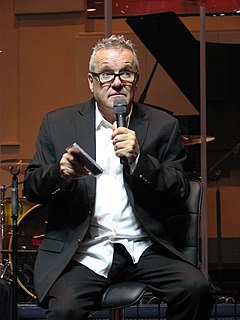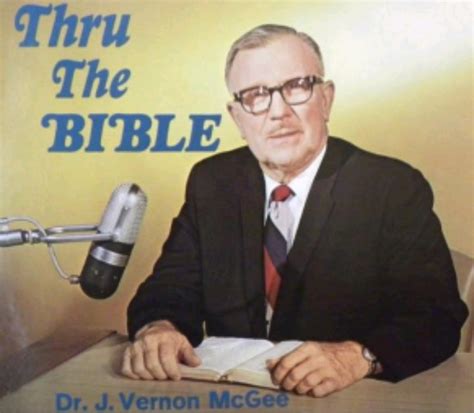A Quote by Brian Houston
Related Quotes
It's easier for our brains to have a list of rules and say, "If we keep these rules, we're in, and if we don't keep these rules, we're out." The problem with grace is that it doesn't play by the rules. It covers sin, and it washes away shame. It releases you from self-hatred. You then realize, through grace in Jesus, and believing in Jesus, and agreeing with Jesus, that you evidently were worth dying for.
Cheap grace is the grace we bestow on ourselves. Cheap grace is the preaching of forgiveness without requiring repentance, baptism without church discipline, Communion without confession.... Cheap grace is grace without discipleship, grace without the cross, grace without Jesus Christ, living and incarnate.
Every Christian family ought to be as it were a little church, consecrated to Christ, and wholly influenced and governed by his rules. And family education and order are some of the chief means of grace. If these fail, all other means are likely to prove ineffectual. If these are duly maintained, all the means of grace will be likely to prosper and be successful.
Martin Luther described the doctrine of justification by faith as the article of faith that decides whether the church is standing or falling. By this he meant that when this doctrine is understood, believed, and preached, as it was in New-Testament times, the church stands in the grace of God and is alive; but where it is neglected, overlaid, or denied, ... the church falls from grace and its life drains away, leaving it in a state of darkness and death.
We live in a church culture that has a dangerous tendency to disconnect the grace of God from the glory of God. Our hearts resonate with the idea of enjoying God's grace. We bask in sermons, conferences, and books that exalt a grace centering on us. And while the wonder of grace is worthy of our attention, if that grace is disconnected from its purpose, the sad result is a self-centered Christianity that bypasses the heart of God.
What I try to do is narrow the sermon series down to one big question. In this case the question is: What happens when grace happens? I knew I wanted to preach about grace. I just felt as if it was time for our church to be refreshed and see the beauty of God's grace - the uniqueness of the Christian grace as compared to the teachings of other world religions on forgiveness.
The confessing church of American Ragamuffins needs to join Magdalene and Peter in witnessing that Christianity is not primarily a moral code but a grace-laden mystery; it is not essentially a philosophy of love but a love affair; it is not keeping rules with clenched fists but receiving a gift with open hands.
It is grace at the beginning, and grace at the end. So that when you and I come to lie upon our death beds, the one thing that should comfort and help and strengthen us there is the thing that helped us in the beginning. Not what we have been, not what we have done, but the Grace of God in Jesus Christ our Lord. The Christian life starts with grace, it must continue with grace, it ends with grace. Grace wondrous grace. By the grace of God I am what I am. Yet not I, but the Grace of God which was with me.
When I hear Christians say, "I don't do this, and I don't do that, and I am following a set of rules," I immediately recognize that they know very little about the grace of God. They are trying to live the Christian life in their own strength. But Paul says, "Be strong in the grace that is in Christ Jesus."
































